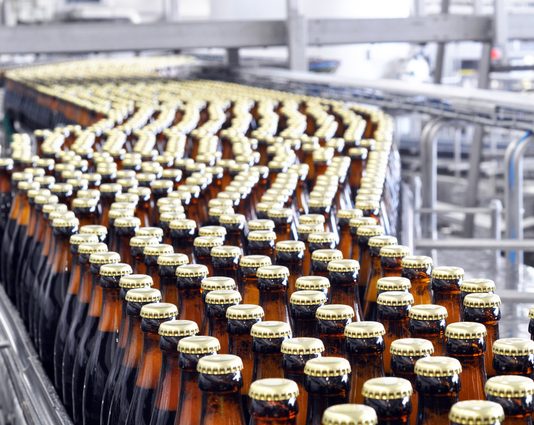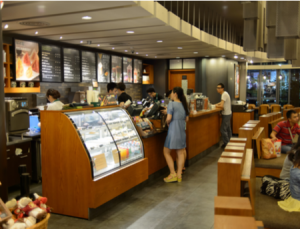
Food & Beverage

Innovation in the beverage and soft drink industry
Consumers are increasingly careful about the food they eat. Also, the content of the products that are marketed every day is more and more studied and regulated by the competent authorities of the countries. Therefore, having optimal Business Processes and Information Processes is really important.
The teaching of the COVID-19 pandemic will leave countries with new standards for the content of processed foods, with the intention of alerting the population about poor nutrition and its relationship to non-communicable diseases.
To quote Dr. Carissa Etienne (WHO Regional Director for the Americas) “We have never seen such a lethal relationship between an infectious disease and noncommunicable diseases (NCDs). Some of the data are really alarming, especially for our region, where NCDs are widespread. There is a deadly relationship, unseen, with other infections”. The above statement is likely to have an impact on the future of the food and beverage industry.
Innovation in the food industry
Working in the food industry always implies working against time and under the observation of regulatory entities, so it demands to always have optimal, flexible and documented business processes that allow to absorb the different market variants on the input side, but above all, because of the foreseeable transition of eating habits, which year after year is still slow, but constantly evolving towards a greater awareness of health and wellbeing.
Operational efficiency in the food and beverage industry
In this industry, they invest large amounts of money annually in their Research and Development (R&D), Production and Marketing areas. They continually seek to understand the changing tastes of their market and operate under the laws that regulate them. This implies the participation of several departments and the joint work with suppliers, going through the 4 stages of an innovation project.
Soft drinks with less sugar and foods with less sodium
The governments of each country have been working year after year with different food legislations. Laws to improve nutrition and combat childhood obesity force the entire industry and its associations to innovate.
The stages of the innovation process:
1. Prior research of the target market
2. Operational or manufacturing process innovation
3. Commercial investment
4. Research and adaptation of business processes involved.
Review our Professional Consulting Services where we can help you with the analysis and design of your business processes and regulatory reporting processes.